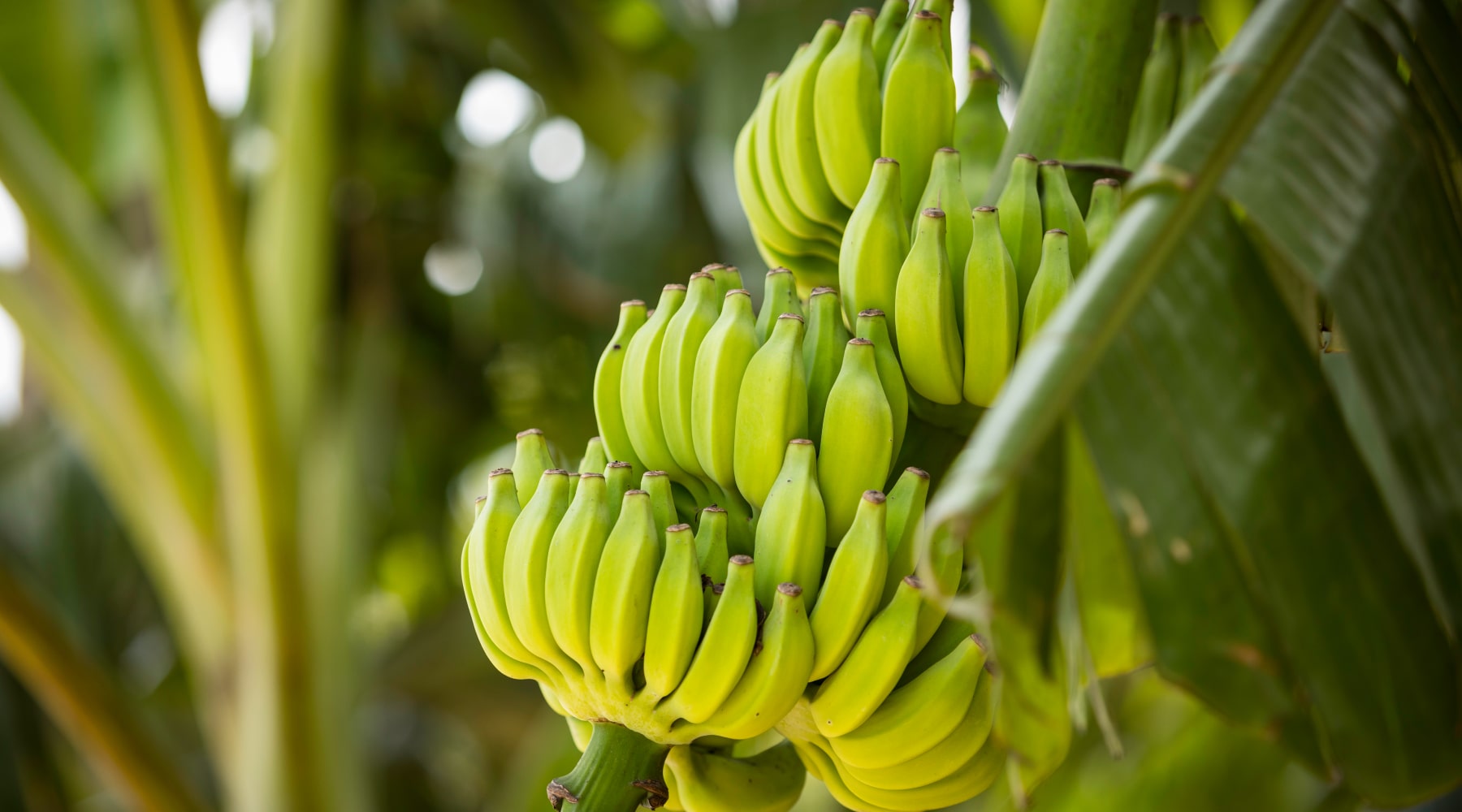The Challenge
In Ecuador, it used to take almost eight hours over the course of five working days to obtain a phytosanitary certificate. The time and cost involved in exporting was especially discouraging for micro, small and medium enterprises (MSMEs), lacking the resources to work through the application process before risking the uncertainty created by unexpected delays.
What We Did
In line with its public private partnership approach to successful project implementation, the Alliance worked with Agrocalidad, the Ministry of Agriculture and Livestock, the Ministry of Commerce, the Association of Banana Exporters of Ecuador (AEBE), the Association of Cocoa Exporters, the Association of Flower Exporters, logistics agencies and local businesses, in integrating into the IPPC ePhyto Hub, a central exchange.
The Impacts
The transition to ePhyto supports trade facilitation and is projected to save exporters approximately 1.9 million hours and over US $6 million a year. This may generate increased demand for products which, in turn, will entice more farmers to transition from subsistence to trade, creating surplus value that will generate growth.


 Ecuador
Ecuador

